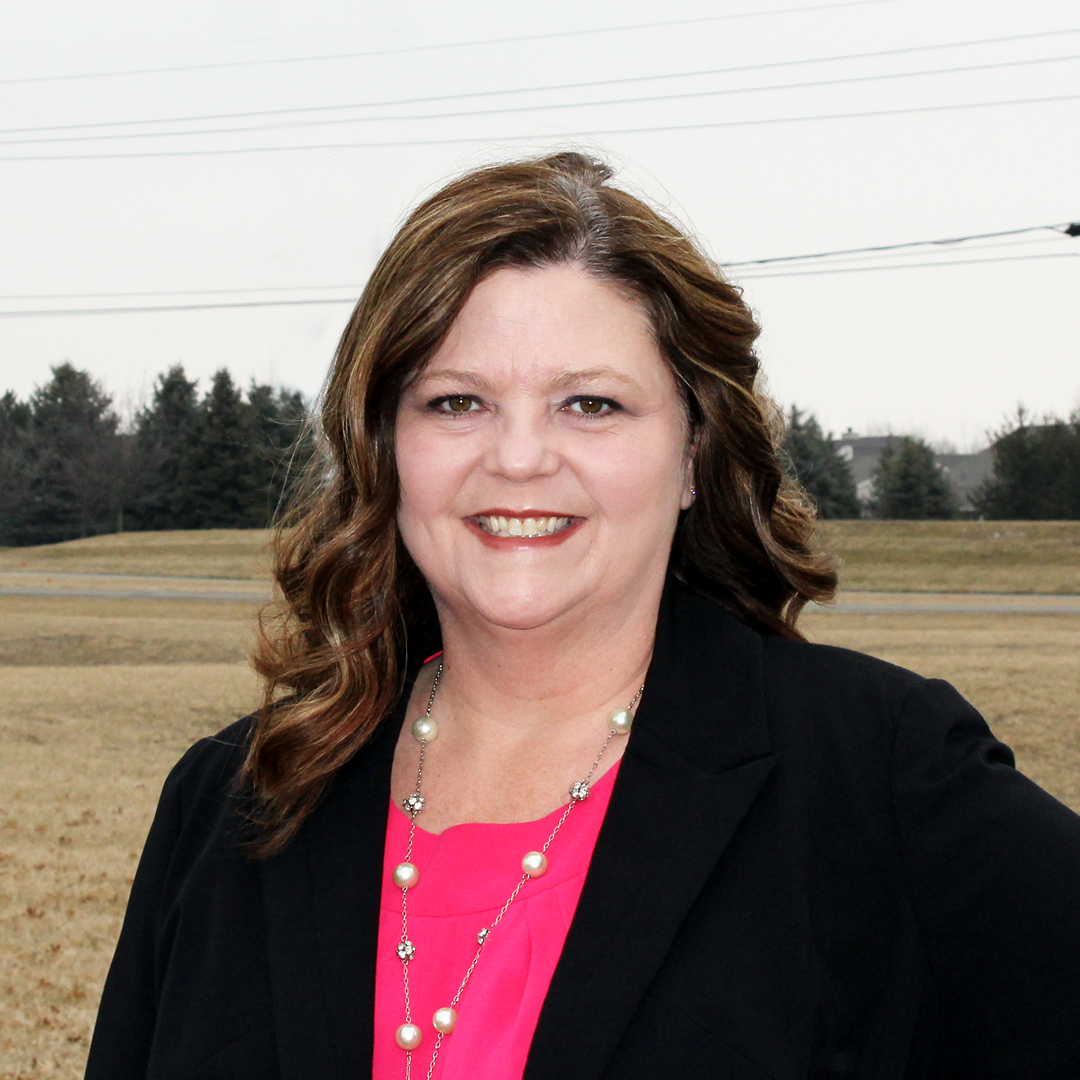Though Gary Hall is a veteran of international IT solutions and managed-services provider Logicalis, his upward trajectory in the company necessitated a literal lateral move across the Atlantic Ocean in 2017. The current vice president of finance and controller was eager to manage a larger group, and that meant relocating from the town of Slough, in England, to Detroit.
Fortunately, Hall already had experience as a globetrotter. His father had been a member of the British army, and Hall had lived in a number of foreign countries as a child. Additionally, “it was great that I already had a sound understanding of what the company did,” Hall says. “More importantly, I understood what the expectations were from the head office in terms of the reporting requirements and communication expectations.” Since coming to the States, Hall has labored extensively to cultivate similar flexibility and business savvy in a finance team that otherwise could have remained heavily siloed.
One of the challenges that Hall quickly identified in Michigan was employee satisfaction. “We have a lot of employees that have been here for a long period of time,” Hall says. “That’s a great positive for the company, in that it means people want to be here, but that also provides some challenges, in that people become set in their ways and sometimes lose perspective of some of the new things that are developing in the business environment.”
Fortunately, Hall was able to add two team members whose job roles and descriptions had been completely rewritten to reflect a more flexible and dynamic working environment. “I wanted to give those new employees the expectations that they would be taking on more varied tasks,” Hall says. “That allowed me to begin that process of sharing tasks around and also made people who had been here longer more comfortable in joining that process.” It also helped initiate the sharing of processes because the new team members were prepared to help right away.
Hall sees training his team to be more flexible as imperative in the ever-evolving modern IT environment. Also, “from an individual’s perspective, it creates far more interesting roles,” he says. “Being part of a team creates more job satisfaction and increases the career development for them.” Hall also believes it helps create job security; the rise of automation and the potential of Logicalis to shift directions mean the more roles a team member can play, the more easily their role can be refocused.
“Logicalis is significantly more flexible in terms of being able to manage workloads more efficiently.”
Additionally, from Logicalis’s standpoint, flexible employees ensure more shared expertise. “Logicalis is significantly more flexible in terms of being able to manage workloads more efficiently and not necessarily needing to create more of these individual roles because they can be shared amongst the team,” Hall says. It also prevents huge knowledge gaps from occurring, should a team member leave.
Flexibility has also come in handy as more customers have transitioned to the cloud. “Companies are becoming less willing to purchase large equipment, whether it’s servers or storage, upfront,” Hall says. “They would prefer to pay for that over a period of time. Cloud environments have reduced the need for companies to invest in their own IT infrastructure.”
Adopting alternative-financing solutions for customers has become essential. Logicalis’s own service offerings, including Internet of Things (IoT)/analytics, disaster recovery, data backup, cybersecurity, and network monitoring, allow the company to develop closer and more positively entangled relationships with its customers. “There are a number of public cloud opportunities that we can help customers transition onto, but we also provide the ability to develop certain private cloud environments, or they can utilize Logicalis’s cloud environment as well,” Hall says.
Hall believes it’s his finance team’s role to continue to find ways to support the sales department by continually diversifying its options. “We don’t want to be seen as a hindrance to any of the sales processes,” Hall says. “We need to be able to support the developments in the market.”
That often means maintaining a difficult balance. “Sometimes it’s a fine line between creating enough flexibility to support everything the sales team needs to be able to do while still maintaining sufficient controls and complying with the regulatory frameworks,” Hall says.
Given how far he’s gotten his team to stretch so far, though, he’s optimistic he’ll be able to continue to carry it forward.

